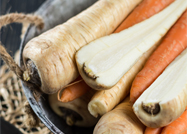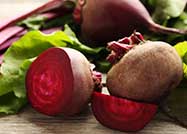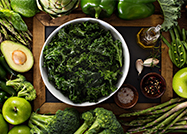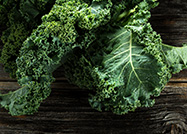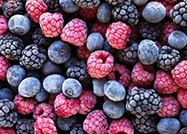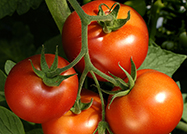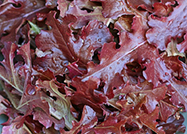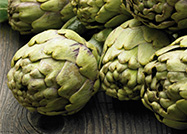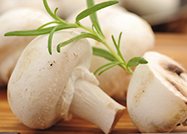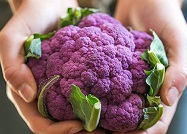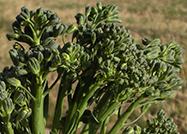That organic living is a conscious health choice
-
OUR STORY
-
-
A leading retailer of organic and natural products
-
Expert advice from trusted professionals
-
Symbolic of the organic goodness that we stand for
-
-
OUR RANGE
-
Introducing the best organic products
-
FairTrade and organic coffees and teas
-
Certified organic eggs and dairy
-
The sustainable, wild-caught and organic farmed
-
Grown without synthetic pesticides and fertilizers
-
Everything for your pantry made organically
-
All you need to nourish both mother and child.
-
For an eco-friendly, non-toxic and green home.
-
Holistic offerings for 100% natural beauty.
-
Gluten, vegan, dairy, wheat and egg-free.
-
-
OUR STORE
-
Where to go for all things organic
-
Prepared daily in our glow kitchen using fresh ingredients
-
-
RECIPES
-
Vitamin-loaded juices for the family.
-
Simple and delicious starters.
-
Memorable meals with these gourmet, healthy ideas.
-
Complement your main course with these delights.
-
End your meal with these less sinful sweet nothings.
-
- LIVING WELL
- EVENTS
- ESHOP
Asparagus
Prized for over 2000 years, asparagus has long been eaten for its medicinal properties. Fat free and low in calories, it is also super nutrient-rich.
Asparagus is one of the world’s best sources of folic acid, a form of B vitamin that not only helps prevent birth defects, heart disease and even some kinds of cancer, but also aids in regulating moods. Research shows that up to 50 per cent of people with depression suffer from low folate levels. Just half a cup of asparagus provides 60 per cent of the recommended daily intake of folic acid. Among older individuals, healthy levels of folic acid paired with vitamin B-12 (found in meat, fish, poultry and dairy) also improve mental dexterity and response speed. In addition, this vegetable is one of the top plant-based sources of tryptophan, which the body converts into serotonin, one of the neurotransmitters that contribute to feelings of well-being and happiness. Asparagus is also a particularly rich source of gluthathione, the key antioxidant that helps other antioxidants such as vitamins C and A (which asparagus has high concentrations of) function effectively. Gluthathione is believed to help break down carcinogens.
To take best advantage of the nutritional benefits of asparagus, eat it raw or lightly cooked (steaming is ideal). Of course, they are also tasty when roasted, grilled or briefly stir-fried. Choose asparagus spears that have tightly furled tips and firm stalks that are not woody. Try to pick a bunch that has stalks of fairly equal thickness to ensure even cooking. And eat them as fresh as possible (within approximately 48 hours of purchase). The best way to store them is by wrapping the ends of the asparagus in a damp paper or cloth towel.
Asparagus is available at SuperNature Forum.
MORE HIGHLIGHTS
-
Sweet and delicious pineapples from Thailand
-
Celeriac
-
Fresh Peas
-
Turmeric
-
Organic Parsnip
-
Organic Artichoke
-
Beetroot
-
Dark Green Vegetables
-
Organic Stone Fruits
-
Tomatoes
-
Organic Citrus Fruits
-
Sweet Potatoes
-
Squash
-
Bosc Pear
-
Kale and Chard
Set yourself onto the road to super health with our incredible selection of organic kale and chard.
-
Spaghetti Squash
-
Summer Stone Fruits
Enjoy the American summer’s bounty of antioxidant rich, organic stone fruit and grapes in store now.
-
Cascadian Farm Frozen Fruit & Vegetables
-
Tomatoes
-
Carrots
-
Chilli
-
Apple Cucumber
-
Black Knight Carrot
-
Red Oak Lettuce
-
Rubies on the Vine
-
Giant Artichokes
-
Pesticide-free Mandarin Oranges
-
Purple Vegetables
-
Mushrooms
-
Purple Cauliflower
-
Figs
Packed with potassium, manganese, and antioxidants, figs help support proper pH levels in the body.
-
Broccolini
-
Kale Lacinato
This member of the cruciferous vegetable family boasts unsurpassed health benefits.
-
Savoy Cabbage
Enjoy cancer-fighting savoy cabbages, the most tender of cabbages, at their peak.
-
Rainbow Carrots
-
Flame Seedless Grapes
-
Peaches and Nectarines
This is the best time to enjoy peaches and nectarines, classic signs of summer.
-
Garlic
-
Rainbow Chard
-
Purple Sweet Potatoes






























